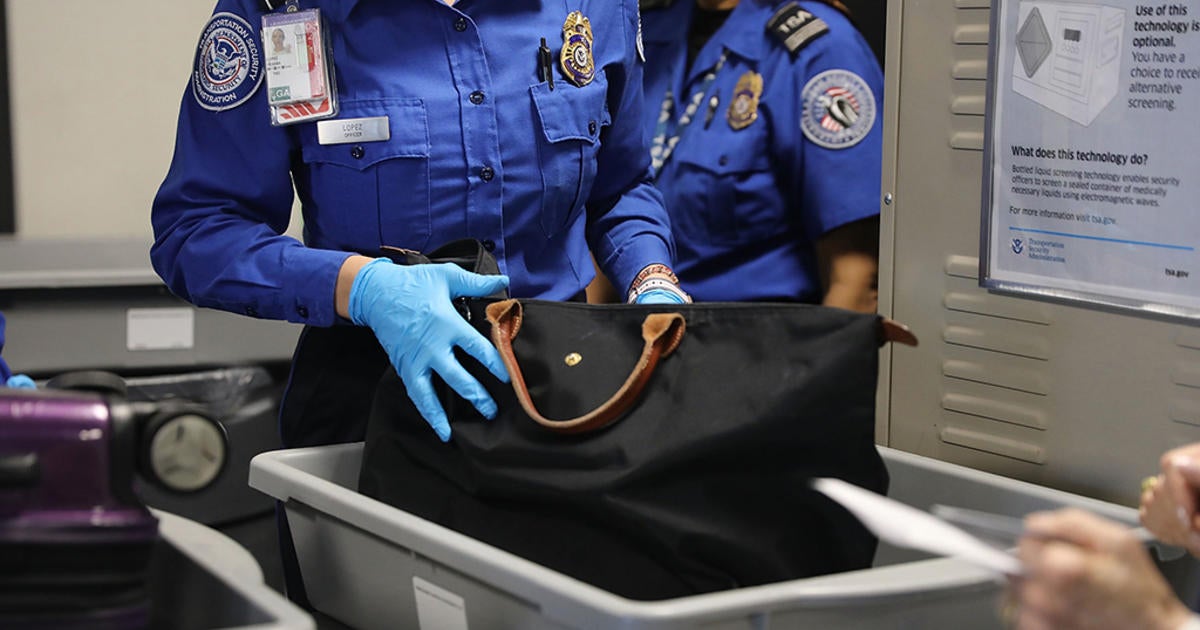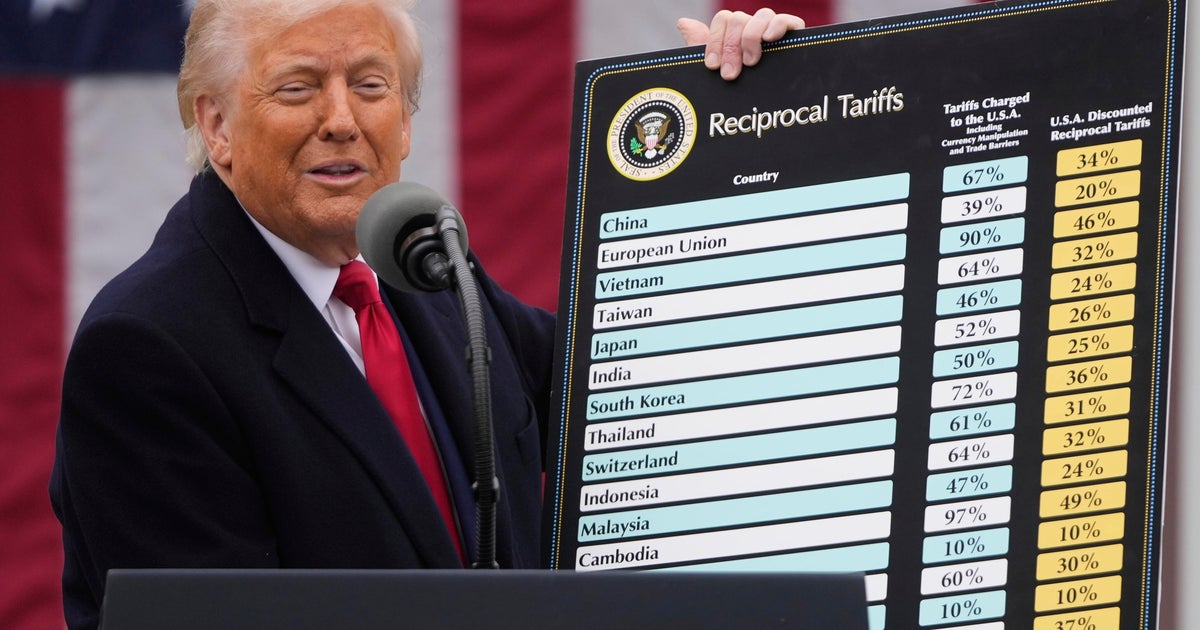joan corominas/Getty Images
Planning for college costs requires looking beyond just tuition to include books, housing and transportation — and these types of expenses can create real financial challenges if you’re not prepared. So, as you put together your plans for funding your higher education, it’s typically smart to start by seeking free money through scholarships and grants — and then consider federal student loans.
If you still need additional funds after you’ve utilized these other tools, the good news is that private student loans can help fill the gaps. While these types of loans, which are issued by banks, credit unions and private lenders, may not have all the safeguards of federal loans, they often provide big benefits, like higher borrowing limits, more flexible repayment options and simpler application processes to help you complete your education.
To help you navigate your private student options, we’ve compiled a list of the most competitive private student loan offerings currently available — along with expert insight to help you better navigate the private student loan landscape.
Start exploring your student loan options here now to see what you’re eligible to receive.
Here are some of the best private student loans currently available, broken down by six categories:
Best overall: College Ave
College Ave gets our nod for the best private student loan because this lender checks all the boxes. They provide loan amounts that vary from as low as $1,000 to the total cost of your entire school-certified expenses like tuition, fees and housing. Student loan rates are competitive on both fixed and variable undergraduate loans.
With an undergraduate or graduate student loan from College Ave, you have numerous in-school repayment options, including paying interest-only or a flat $25 monthly. Keep in mind that while in-school payments aren’t mandatory, your loans will still accumulate interest during that time. By making even small payments while in school, you can manage the accruing interest and prevent your loan balance from growing excessively.
Repayment terms are for five, eight, 10 or 15 years. When choosing a repayment term, remember that shorter-term loans generally come with higher monthly payments than longer-term loans.
Learn more here.
Best for low rates: Earnest
Earnest provides low interest rates with APRs that range from 4.29% to 16.49% on fixed-rate undergraduate loans (with autopay discounts) and APRs that range from 5.62% to 16.85% on variable-rate undergraduate student loans. Graduate loans come with APRs that range from 4.29% to 14.30% for fixed-rate loans and 5.89% to 15.97% for variable-rate loans.
This private student loan lender offers four repayment options during school: interest-only payments, full principal and interest payments, $25 monthly payments or payment deferral. And, unlike many lenders, Earnest offers several payment options, including repayment terms for five, seven, 10, 12 or 15 years. If you can afford a higher payment, it may make sense to pay off your loan with a shorter-term loan to save money on interest.
Also, the minimum loan amount is only $1,000, so if you have a minimal financial gap to cover after federal financial aid, you don’t need to incur more debt with a larger loan. And if you need more money, Earnest loans can cover up to 100% of school-certified costs of attendance.
Learn more now.
Best for parents: Sallie Mae
Sallie Mae is one of the largest and most well-known student loan servicers in the United States. The government sponsored the organization since its start in 1972 before Sallie Mae transitioned into a private company in 2014.
Sallie Mae offers a Smart Option Student Loan, which it touts as a student loan with a cosigner. Your cosigner can be a parent, spouse, relative or any adult. Students can choose fixed or variable annual percentage rates (APRs) starting at 3.49% (undergraduate loans with fixed rates range between 3.49% and 15.49% APR with an auto debit discount). According to Sallie Mae, the process, from application to disbursement, takes around 10 business days or less.
Check Sallie Mae student loan rates here.
Best for no fees: Discover
More than just a credit card company, Discover also provides private student loans with several perks, including no application, origination or late fees. Discover’s no-fee student loans combine with lower interest rates and cash rewards for good grades to lower the costs of borrowing for students.
Discover’s student loan APRs are as low as 6.12% for variable-rate loans and 5.29% for fixed-rate loans. They allow you to borrow up to 100% of school-certified costs, such as tuition, housing and books, minus any financial aid you receive. The company’s minimum borrowing amount is only $1,000 and it only offers a single repayment term of 15 years.
Learn more here.
Best for students with bad credit: Ascent
Many students have poor credit scores because they lack an established credit history. That’s one reason why most private student loan companies require a cosigner to offset the lender’s perceived risk. Ascent is bucking that trend by offering non-cosigned loans to undergraduate, graduate, DACA and international students.
For example, students without established credit can apply for the Non-Cosigned Outcomes-Based loan without a cosigner, and your eligibility is based on your school, program, major, GPA and other criteria. And if your credit history is shorter than two years, you don’t need to meet any minimum income requirements.
Learn more here.
Best for students with good credit: SoFi
You’ll likely need good credit to qualify for a private student loan with SoFi. While SoFi doesn’t publish minimum credit score requirements on its website, it does evaluate your credit history and debts when reviewing your application.
If you have decent credit, SoFi’s student loans offer a wide array of benefits, including flexible repayment options, no fees and career services. With the autopay discount applied, the APRs for fixed-rate loans start as low as 3.54%, while the APRs for variable-rate loans begin at 5.54%.
Find out more here.
Does applying for a private student loan affect your credit?
Applying for a private student loan typically involves a hard credit inquiry, which can temporarily lower your credit score by a few points. This happens because lenders need to review your credit history to determine your eligibility and interest rate. These hard inquiries usually stay on your credit report for about two years, though their impact diminishes significantly after a few months.
If you’re shopping around for the best loan terms, try to submit all applications within a 14- to 45-day period (depending on the credit scoring model). Credit bureaus typically count multiple student loan inquiries within this timeframe as a single inquiry, minimizing the impact on your score. And, remember that while the application process may cause a small temporary dip, responsibly managing your loan payments after approval can actually help build your credit history over time.
Private student loans vs. federal student loans
Federal student loans, which are issued directly by the federal government, offer several advantages over private loans, including fixed interest rates, income-driven repayment plans, loan forgiveness options and no credit check requirements for many programs. They also provide more flexible deferment and forbearance options during financial hardship and don’t typically require a cosigner. These loans do have a downside, though: lower borrowing limits compared to private student loans.
“Federal student loans have annual and lifetime limits, so they may not cover all of your expenses. In that case, private student loans are an option to explore and can help cover your remaining cost of attendance,” says Angela Colatrino, chief marketing officer at College Ave Student Loans.
Private student loans, on the other hand, are offered by banks, credit unions and online lenders with terms that vary significantly between institutions. They usually require a credit check and often need a cosigner for students with limited credit history — but may offer higher borrowing limits than federal student loans.
“Private student loans are an important resource to help students and families bridge the gap between the cost of going to college and other funding,” Wendy McAlister, president and CEO of College Foundation, Inc., says.
Interest rates on private student loans can be fixed or variable, potentially starting lower than federal rates for borrowers with excellent credit, but lacking the safety nets that federal loans provide during financial difficulties. That’s why financial advisors typically recommend exhausting federal loan options before considering private loans.
The bottom line
When comparing private student loans options, remember that a low interest rate is important, but it shouldn’t be your sole focus. To find the most suitable loan for your specific financial circumstances, evaluate multiple aspects, like the total amount you can borrow, the range of interest rates offered, flexibility in repayment plans and any associated fees, to identify the loan that’s best for your unique circumstances.




